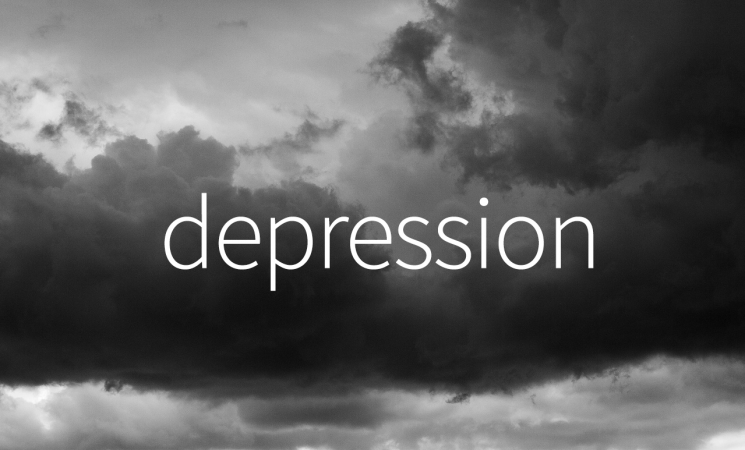Archived Content
This page is archived and provided for historical reference. The content is no longer being updated, and some of the information may have changed over time and could be outdated or inaccurate.

By Ning Hsieh, Ph.D.
Why people report better mental health in some countries than in others? In the early 2000s, the WHO conducted the World Mental Health Survey in 14 countries and found that the prevalence of mental disorders varies significantly across the sample countries. In 2010, the Global Burden of Diseases, Injuries, and Risk Factors (GBD) Study also indicated that mental and substance use disorders contribute to a higher proportion of disability and premature deaths in some countries than others.
Although much evidence has shown that mental health varies greatly from country to country, little is known about why. In fact, few studies have empirically explored how social, economic, political, and cultural conditions may drive the cross-national disparity in mental health. In a recent study published by the Journal of Health and Social Behavior, I compare depression in two post-market transition countries—China and Russia—and examine the extent to which economic security, social cohesion, and cultural difference in health-rating style explain the depression disparity observed between the countries.
Why people report better mental health in some countries than in others?
Both China and Russia have undergone drastic social changes due to market reform—a transition from a planned economy to a market economy—in the past couple of decades. However, only the Russian population experienced severe mental and physical health deterioration during the transition, particularly in the 1990s. According to the 2010 GBD Study, the rate of disability-adjusted life years (i.e., years spent living with disability and years lost to premature mortality) attributable to mental and substance-use disorders in Russia is almost double the rate in China, suggesting that Russia has not fully recovered from its transition crisis.
Study compares depression in China and Russia and factors explaining depression disparity observed between countries
Using data from the WHO Study on Global AGEing and Adult Health (2007–2010), my study shows that older adults in Russia (who experienced the immediate impact of market transition during their prime working years) have significantly higher rates of depressive symptoms than their counterparts in China. This disparity in depression is attributable to levels of economic security and social cohesion. Specifically, Russians have lower satisfaction with personal and household finances; lower likelihood of living in a marital relationship; lower trust in neighbors, coworkers, and society in general; and lower perceived safety in the residential neighborhood as compared to the Chinese. Inequitable access to economic and social resources between the two countries is likely a result of different political processes and consequences of market reform.
Rate of disability-adjusted life years due to mental and substance-use disorders in Russia almost double China’s rate
Moreover, the health-promoting effects of economic and social resources are found weaker in Russia than in China, which also contributes to the inter-country depression gap. The less valued/beneficial resources in Russia may be explained by its more extensive sociopolitical transformation during market reform, specifically, democratization and a greater disruption of social trust and confidence in government. Finally, despite cultural difference in health-rating style being a potential factor for the cross-national depression gap, little evidence is found to support this argument.
Overall, the findings elucidate some of the influence of macro-level social, economic, political, and cultural contexts on mental health. In particular, the political and historical circumstances of market transition, such as state governance, macroeconomic policies, democratization, and disruption of social capital may have long-lasting effects on depression through changing people’s access to economic and social resources and through shaping how effective these resources promote mental health.
Read the Article
Hsieh, Ning (2015). “Economic security, social cohesion, and depression disparities in post-transition societies: A comparison of older adults in China and Russia.” Journal of Health and Social Behavior 56(4): 534-551
About the Author
 Ning Hsieh, Ph.D., is an assistant professor of sociology at Michigan State University. Her research examines disparities in health and social resources within and between national contexts. Her current work focuses on three themes: mental health and social relationships in cross-national comparative perspective; inequalities in health, access to health care, and behavioral risk factors by sexual orientation; and aging, functional and cognitive limitations, and social interaction and isolation. For more information, please visit her professional page.
Ning Hsieh, Ph.D., is an assistant professor of sociology at Michigan State University. Her research examines disparities in health and social resources within and between national contexts. Her current work focuses on three themes: mental health and social relationships in cross-national comparative perspective; inequalities in health, access to health care, and behavioral risk factors by sexual orientation; and aging, functional and cognitive limitations, and social interaction and isolation. For more information, please visit her professional page.








